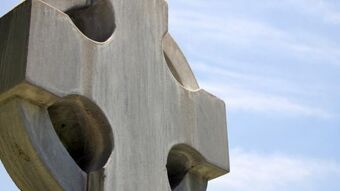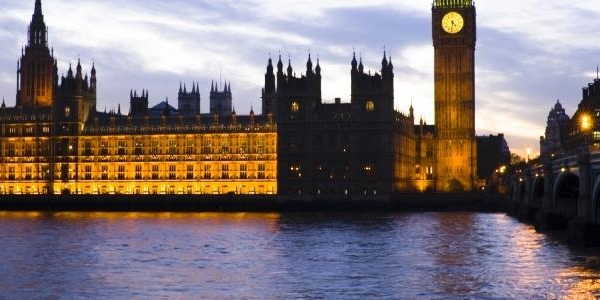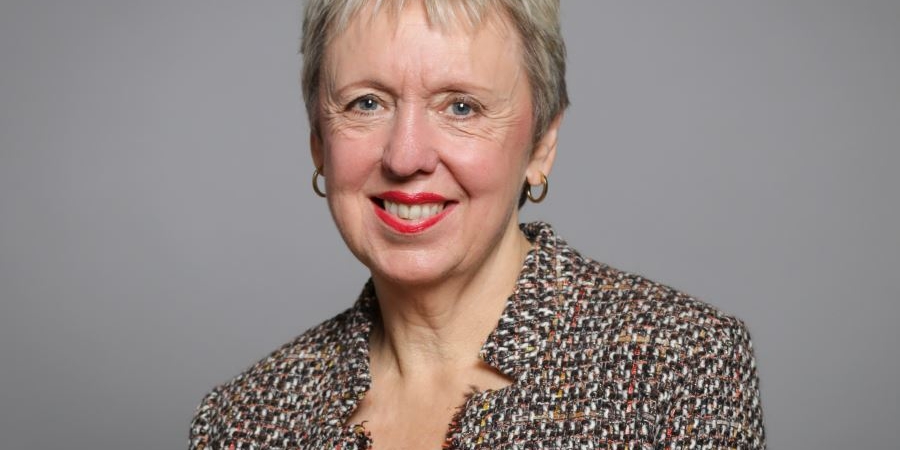New CARE Report Published
Religious Liberty
Equality law to prevent churches appointing pastors living the faith.
The Equality Bill, which includes provisions that will make it impossible for many churches and other faith bodies to be confident of their freedom to appoint people living the faith as priests, pastors and church ministers – let alone to any other roles – began its Committee Stage in the House of Lords on 11 January.
More information
Legal experts have confirmed that, under the proposed law, churches would no longer be able to insist that employees, including priests, pastors and church leaders, live according the churches teaching about marriage and sexual conduct. It also seems certain that the Catholic Church will not be able to insist that successful priestly candidates are male and celibate.
He report explains that the offending part of the Bill – Schedule 9 – states that churches can only be free to insist that successful candidates must live the faith with respect to sexual ethics in relation to roles that are ‘wholly or mainly’ concerned with liturgy or ritual or promoting or explaining doctrine. Given that whilst Sundays might be concerned with liturgy, ritual and doctrine, the rest of the week is dominated by pastoral and other responsibilities, it is not clear how many churches will be able to continue with employed pastors if the Bill becomes law.
The plight of the Christian Voluntary Sector – certainly within the Evangelical and Catholic traditions – is also a major cause for concern. Given that no post within a Christian Voluntary Sector project, not even that of the CEO, would be concerned wholly or mainly with liturgy or ritual or promoting or explaining doctrine, certain Christian traditions could not be confident of their ability to insist that any member of staff lived the faith and in this context it becomes very unclear how such projects could continue.
Staying with religious liberty and faith based welfare, the Bill also consolidates the controversial sexual orientation goods and service legislation which has resulted in the closing of Catholic adoption agencies. In so-doing it presents Parliament with its first opportunity to amend this controversial law.
At Report Stage in the Commons last month, Ann Widdecombe engaged with this opportunity and tabled an amendment so that Catholic agencies could continue. Co-signed by a large number of MPs from across the parties, this was clearly an issue that the democratically elected house wanted to consider. In the event, however, the Government did not provide sufficient time and Miss Widdecombe was silenced. Happily the Lords now have the opportunity to engage properly with this important issue.
Indeed the point must be made that the House of Lords has a very special constitutional responsibility as it begins its consideration of amendments tomorrow because of the lack of scrutiny provided by MPs, resulting from the government’s unwillingness to give proper time. Over 100 amendments put down by the democratically elected people’s representatives were not discussed at all, let alone voted on. Of particular concern, this number included all 37 of the disability amendments tabled for debate – a strange way to handle a Bill that is supposed to promote fairness.





Share story
New CARE Report Published